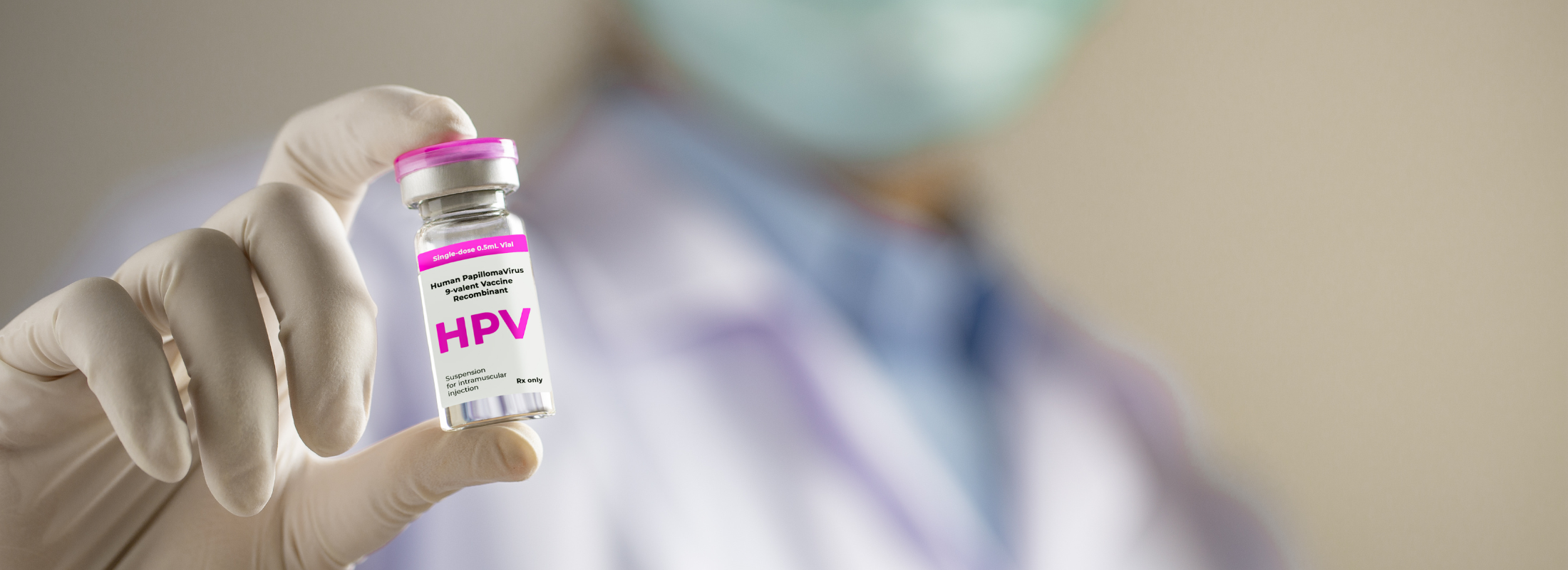
Table of Contents
Human Papillomavirus Virus HPV, a DNA virus, considered as one of the most commonly transmitted sexual infection. The virus can cause several different health problems such as genital warts and some forms of cancerous growth. In majority of the HPV cases, the infected individuals show no real symptoms of having the infection, making them subclinical infections. However, there have been cases where infected people develop health issues related to the infection.
HPV: Immune System and Health Issues
Most of the cases of HPV infections are warded off by the body’s immune system. The immune system can take up to two years to clear the infection from the body, especially if the infected person has been vaccinated against the infection.
But the unfortunate ones can develop health issues. The severity of the symptoms is dependent upon the type of HPV infection. The infection can cause different forms of minor warts, ranging from small bumps, flat or raised and even shaped as a cauliflower, especially in the genital region. Some can experience cancerous growth in the vagina, anus, vulva, penis, tongue, etc. And in extremely rare cases develop respiratory Papillomavirus, which can require recurring surgeries.
An HPV infection can take several years before developing into cancer and unfortunately there is no real method of determining who might face the greatest risk. Therefore, it is highly recommended that everyone has received their vaccination for the infection, which can boost the immune system, enabling it to fight off the infection before any symptoms can cause health issues. Vaccinations are especially more important for those with a compromised immune system.
HPV are categorized into two types, high and low risk HPV. Low risk can cause various forms of warts while the high risk can cause lesions and cancer.
Preventive Measures
It’s important for every person to be educated about HPV, mostly due to its common prevalence and communicability. HPV can be contracted by simply engaging in the act of oral, vaginal and anal sexual intercourse with an infected person.
Therefore, the usage of latex condoms is necessary, especially for those involved in frequent non-monogamous sexual interactions. A vaccine for the infection also exists which can drastically reduce the changes of contracting the infection. Parents should ensure that their children are vaccinated by the age of 11 or 12 years. Young men and women can get vaccinated but only until the age of 21 and 26 for males and females respectively. Vaccinations for HPV are highly recommended especially for individuals with differing sexual orientations, i.e. homosexuals and bisexuals.
Unfortunately, current medical capabilities restrict us to determine an individual’s HPV status. Moreover, there is no existing medical treatment for the HPV infection. Therefore, it’s extremely crucial to prevent the contraction of the infection and minimize the overall risks from not just HPV but from all forms of health relating issues.
Our Urgent Care
At Our Urgent Care Center, we prioritize your well-being and offer comprehensive services to address your healthcare needs. Our experienced medical staff and providers are dedicated to delivering high-quality care and ensuring your comfort throughout the treatment process. Whether you require treatment for sinusitis, common illnesses, or injuries, our team is well-equipped to provide prompt and effective care. With on-site low dose x-rays, and lab testing available, we can provide a prompt diagnosis. We also partner with many small and large businesses, as well as corporations, to provide occupational medicine focused on the prevention and treatment of occupational injuries and diseases.
Please note that the information provided in this blog post is for general informational purposes only and should not substitute professional medical advice. It is always recommended to consult with a healthcare professional regarding your specific condition or symptoms.
If you are experiencing life threatening symptoms, or severe pain; visit the nearest ER or dial 911 immediately.
© The Doctors’ Office Urgent Care

